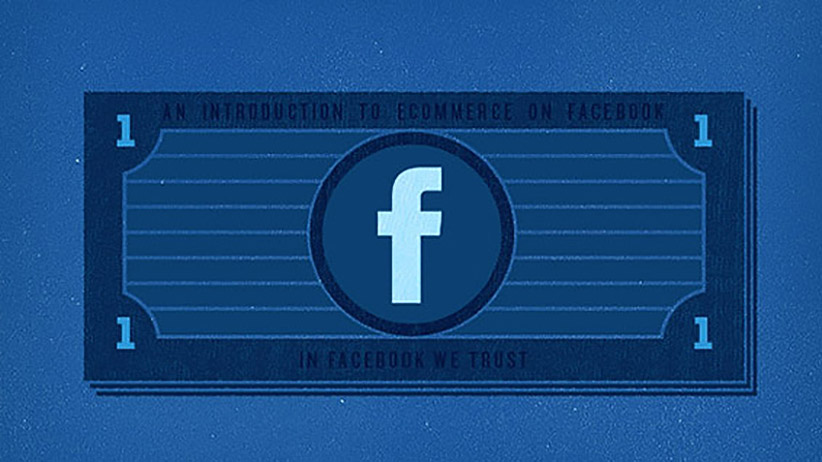EBITDA, net income, revenues, users — the numbers do not and will not lie. After reviewing Facebook’s S-1 filing with the SEC, there is no justification for a $100 billion valuation. All we are told is about the company’s historic business leading up to December 31, 2011. Other than general ideas on how the company plans to diversify and move away from what is now essentially an advertising business model, there is no indication on how it plans to do so or how long it will take. How can any investor invest in a $100 billion dollar company when such important information is conspicuously unknown? I certainly wouldn’t.
Facebook has never been subject to public scrutiny of its business strategy, financial secrets and secret sauce. This is about to end. The way in which the company communicates to investors – its investor relations (IR) program – will dictate, in large part, how the company ultimately justifies one of the highest IPO valuations in U.S. history.
That being said, after having read through the 500-plus page prospectus, and filtering out all of the excitement in the media, I have a few questions for Facebook, their lawyers and all the other professionals who contributed to this masterpiece:
Where exactly does the $100 billion valuation come from? How will Facebook continue to monetize the platform? This is not 2000 when people were investing in Internet companies without understanding how money was to be made. Facebook talks of “building social platforms,” but what exactly does this mean?
Essentially all (85%) of Facebook’s business in 2011 was from advertising – does an advertising business model on $1 billion in net income justify a $100 billion valuation? To the extent not, how does Facebook plan to diversify its business and how long is this going to take? What happens to Mark Zuckerberg’s voting rights? He owns 28.4 percent of the company and he controls 57 percent of the voting rights. Will large institutional investors even have a vote or is the structure of the IPO only allowing investors to enjoy the Facebook ride?
The company is not diversified enough to generate income from additional streams. EMarketer reported that Facebook’s ad sales grew 104% in 2011, but are only expected to climb 58% in 2012, and 21% in 2013. The diminishing growth stems from intense competition from Google and Bing and suggests advertising onFacebook may be – simply put – a fad.
Intense competition from Google and Bing pose serious threats to Facebook, as the infrastructure of Facebook is primarily focused on sharing images, checking status updates, and running apps. Google and Bing are well-diversified and are in a much stronger position to leverage ad-revenue in the long-term than Facebook.
Having consulted for hundreds of publicly traded companies, my experience and gut tell me that while a HUGE opportunity exists to monetize the Facebook platform, the company has some unique (and some would say exciting!) challenges on the Investor Relations front. Now is the opportunity for the company to select the appropriate metrics and use the right words to convince investors that it is worth $100 billion.
What happens if Mark Zuckerberg is no longer with the company – how critical is he really to the company’s success and who is sitting on the sidelines to replace him?
It will be very hard for Facebook to sustain its rate of growth. The company has grown several hundred percent per year over the past few years. Its monthly active users (MAUs) has grown from approximately 600 million at the end of 2010 to 845 million at the end of 2011. An analysis from Kenshoo Social (via AllFacebook.com) shows that the overall number of views of Facebook advertising has grown 47 percent between the third and fourth quarter of 2011. These numbers will be very hard to beat going forward (there are only so many Internet using individuals in the world), unless the company can explain how it intends to do so – either in its written communications or oral presentations.
Facebook sells its audience – right? Privacy legislation is only a matter of time. How does Facebook plan to address their obvious issue and what does this mean for its future valuation? It is incumbent on Facebook to explain this to justify being worth $100 billion. What are the external catalysts that might affect Facebook’s business (and eventually its stock price)? Clearly another economic downturn won’t help the company assuming it is dependent on advertising revenue. How about an earthquake that affects the company’s headquarters?
These are all important questions that investors deserve to have answers to before parting with their money and I would submit that it would be imprudent to wait to buy shares of Facebook until understanding the full picture of the company. This is an exciting time for the stock market and investors. It’s been a long time since we’ve had a blockbuster IPO from a “generational” company that has the ability to establish the way companies and business do business in the 21st Century. All I am suggesting is that a $100 billion valuation shouldn’t be accepted at face value.




